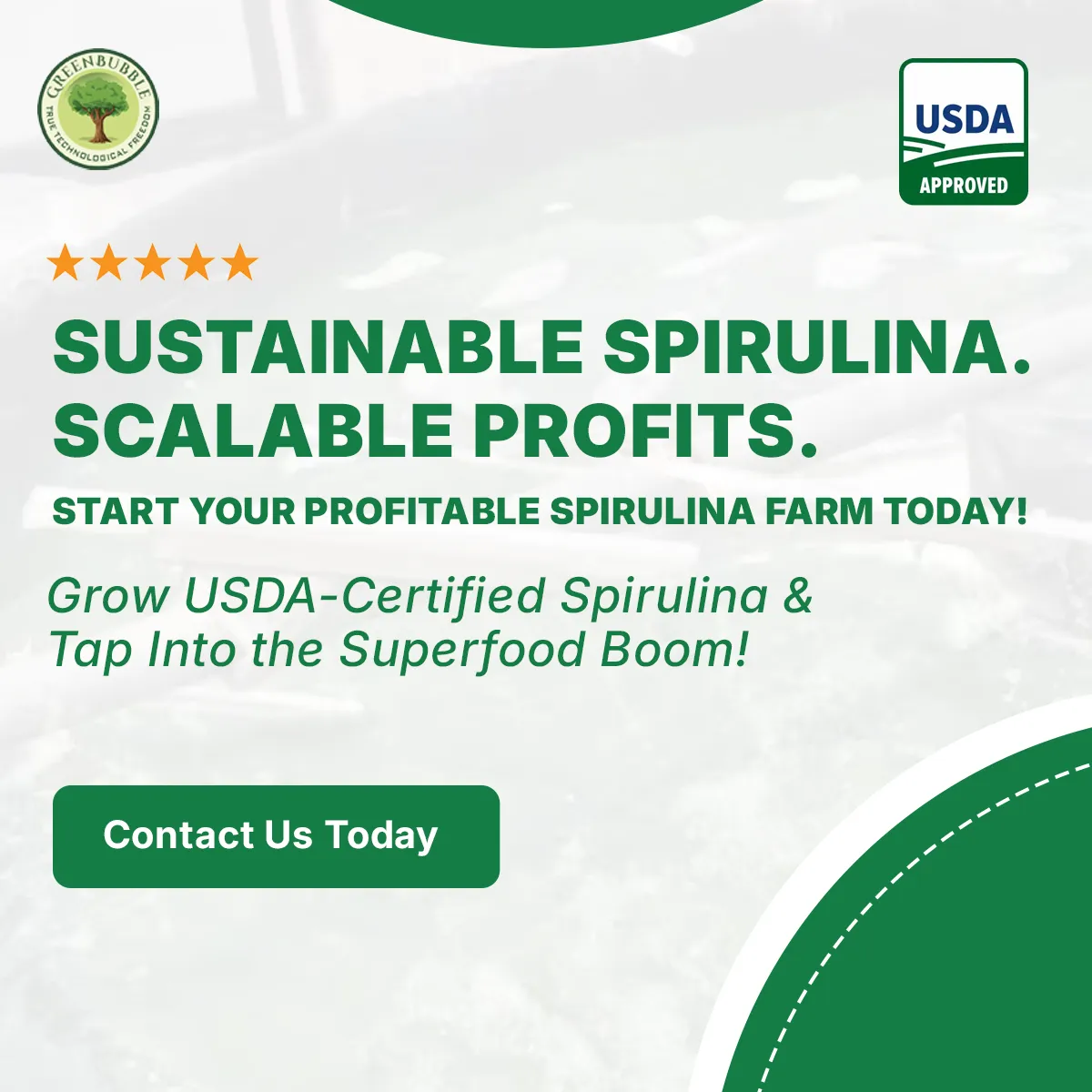Spirulina—often dubbed a “superfood”—has rapidly gained global popularity due to its high protein, vitamin, and antioxidant content. But amidst all the buzz, many people still wonder: Is spirulina really safe for regular consumption?
This article breaks down spirulina benefits, safety concerns, recommended dosages, and who should not take spirulina, so you can make an informed choice for your health.
What Is Spirulina?
Spirulina is a blue-green algae (technically a cyanobacteria) cultivated in freshwater environments. It is typically consumed in spirulina powder, tablet, or capsule form, and is often added to smoothies, energy bars, and supplements.
Spirulina Nutrition Facts: Why Is It Popular?
Spirulina is nutritionally dense and offers a powerful profile of:
- Complete Protein: Over 60% by weight—ideal for vegans
- Vitamins: B1, B2, B3, B6, B12, C, E
- Minerals: Iron, magnesium, potassium, zinc
- Essential Fatty Acids: Including GLA (gamma-linolenic acid)
- Phycocyanin: A potent antioxidant and anti-inflammatory pigment
These nutrients are the foundation of several well-researched spirulina benefits, especially for immunity, detoxification, energy, and skin health.
Spirulina Benefits: Who Can Benefit Most?
Whether you’re an athlete, a working professional, or simply aiming to eat healthier, spirulina offers a host of advantages.
✅ 1. Boosts Immunity
Spirulina’s phycocyanin and chlorophyll levels help strengthen immune response and reduce oxidative stress.
✅ 2. Supports Iron Levels
One of the most promoted spirulina benefits for women is its high iron content, which helps combat anemia and fatigue, especially during menstruation or pregnancy (under medical advice).
✅ 3. Promotes Clear Skin
Due to its antioxidant properties, spirulina is widely used in the beauty industry. The benefits of spirulina for skin include improved hydration, reduced acne, and a radiant glow.
✅ 4. Aids Weight Management
As a low-calorie yet nutrient-rich food, spirulina may curb appetite and increase metabolism, aiding in weight loss routines.
→ To learn about large-scale cultivation of nutrient-rich spirulina, read our blog on Spirulina Quality Control in Mass Production.
How to Use Spirulina Powder or Capsules
Spirulina capsules uses and powders vary depending on health goals:
| Form | Usage |
| Spirulina Powder | 1–3g daily added to smoothies, water, or juices |
| Spirulina Capsules/Tablets | 1–2 capsules (500mg–1g) twice daily with meals |
| Spirulina Mix | Often combined with amla, moringa, or turmeric for enhanced health effects |
Always start with a smaller dose and gradually increase to monitor how your body responds.
Is There a Danger of Spirulina?
While spirulina is safe for most healthy individuals, contaminated spirulina can cause serious health issues. This usually stems from non-lab-tested or improperly farmed spirulina, which may carry:
- Heavy metals like lead, mercury, or arsenic
- Microcystins (toxins from blue-green algae contamination)
- Harmful bacteria or pathogens
That’s why it’s critical to buy from trusted, certified sources that follow organic spirulina farming practices. Premium-quality spirulina is grown in controlled, metal-free environments and is third-party tested.
→ Curious about how organic farms avoid contamination? Read about our Automation in Spirulina Farming.
Side Effects of Spirulina: What to Watch Out For
Although rare, some individuals may experience the side effects of spirulina, especially when:
- Starting with a high dose
- Using low-quality or untested spirulina
- Having pre-existing health conditions
Common Side Effects:
- Nausea or upset stomach
- Mild headache
- Allergic reactions (rash, swelling, pimples)
Serious Reactions (Very Rare):
- Muscle breakdown (rhabdomyolysis)
- Liver inflammation in sensitive individuals
Who Should Not Take Spirulina?
Certain individuals should avoid or consult a healthcare provider before consuming spirulina:
- Pregnant or breastfeeding women (unless prescribed)
- People with autoimmune diseases (e.g., lupus, rheumatoid arthritis)
- Phenylketonuria (PKU) patients (spirulina contains phenylalanine)
- People on blood-thinning medication
- Individuals with seafood or iodine allergies
→ If you’re a manufacturer or exporter, rigorous quality control is essential. Learn more about it in our mass production safety checklist.
Choosing Safe Spirulina: What to Look For
✅ Certified Organic
Choose spirulina that is USDA Organic, EU Organic, or India Organic certified.
✅ Tested for Heavy Metals
Always request a Certificate of Analysis (COA) with lab results for contaminants and nutritional value.
✅ Low-Heat Dried
Preserves nutrients better than high-heat spray drying.
→ Producers can explore our Spirulina Storage and Packing Solutions to maintain purity from harvest to shelf.
Conclusion: Is Spirulina Safe for You?
In summary, spirulina is safe for daily consumption when it’s grown, tested, and processed properly. It’s a powerhouse of plant-based nutrition, offering tremendous health benefits—from boosting energy to supporting immune function and skin health.
However, like any supplement, spirulina must be taken responsibly. Be informed, choose quality-tested products, and always consult your healthcare provider if you have medical conditions or are on medications.
✅ Your Next Step
Thinking of integrating spirulina into your health routine—or planning to produce it at scale?
👉 Explore how our Spirulina Farming Turnkey Solutions can help you create a safe, profitable, and certified operation from start to finish.
Book a consultation now.


